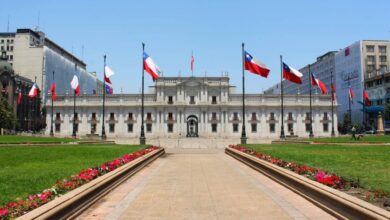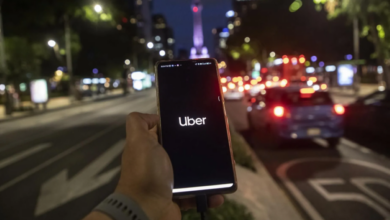Merkel 4.0
German chancellor, Angela Merkel, is expecting to win her fourth consecutive election

On September 24th, the Germans will vote for the members of the Busdestag (German parliament). The citizens cast two votes, the first one is to choose one of the 299 directly elected parliament members and the second one is for the Party to select the rest of the 598 seats.
The favorite in the polls (40%) is the current Government party, the union of the Christian Democratic Party, and the Christian Social Union in Bavaria. This means that chancellor Angela Merkel may be reelected to guide the country. Merkel is appealing to continuity and a reduction of unemployment.
His most important rival is Martin Schulz, from the Social Democratic Party. Schulz, former president of the European Parliament, has some similarities with Merkel; both are pro-Europeans, pro-immigration, and in favor of the economic zone. However, the former europarliament fight for an increase in social politics and a strong fight against unfair salaries and tax evasion. Despite his poll numbers (24%), Schultz hopes to give a surprise in September.
Far from the battle for first place, there is another important aspect of this election. Alternative für Deutschland (Alternative for Germany), the euroeceptic party is looking to win some seats within the Bundetag. For that, they will need more than the 2’056. 985 votes they had in 2013 elections.
Despite the advantage Merkel has against all his political opponents, it’s not enough to win the majority required to be indirectly elected as chancellor. She will need to make a coalition, just as the other elections. There is a possibility of a Grand Coalition (CDU and SPD), but it will depend on the SPD votes. If Schulz convinces the Green Party and the Free Democratic Party to support him instead of Merkel, he could become the German Chancellor.
Latin American Post | Santiago Gómez Hernández
Copy edited by Susana Cicchetto





